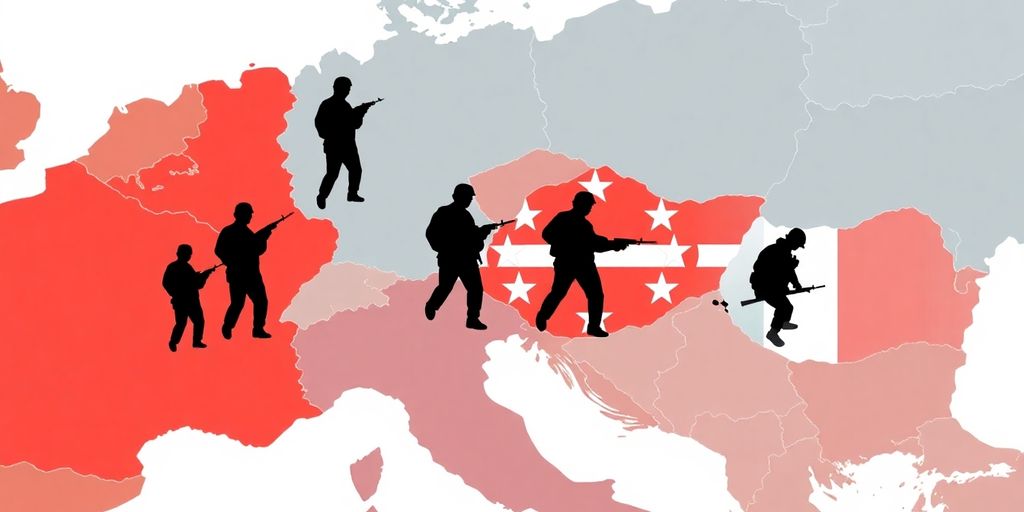Recent events in the Balkans have highlighted escalating geopolitical tensions, particularly involving Serbia. Mass protests have erupted in response to domestic issues, while historical rivalries with neighboring Albania continue to simmer, raising concerns about stability in the region.
Key Takeaways
- Mass protests in Serbia are fueled by domestic grievances and allegations of foreign interference.
- Serbia’s geopolitical positioning is increasingly complex amid shifting global alliances.
- Historical tensions with Albania remain a significant factor in regional stability.
Mass Protests in Serbia
In early February 2025, Serbia witnessed widespread protests triggered by the tragic collapse of a railway station canopy in Novi Sad, which resulted in the deaths of 15 people. Protesters are demanding accountability for the incident, citing corruption as a key issue. The protests have taken on a life of their own, with students leading the charge for transparency and justice.
The Serbian government, led by President Aleksandar Vučić, has accused foreign intelligence services of orchestrating the protests, claiming that Western nations are attempting to destabilize his regime. This narrative has been echoed by pro-government media, further complicating the situation.
Geopolitical Implications
The protests in Serbia are not merely a domestic issue; they reflect broader geopolitical dynamics. As Serbia navigates its foreign policy, the influence of both Western and Russian interests is palpable. The country has historically maintained close ties with Russia, but recent developments suggest a shift towards the West, particularly in light of Serbia’s indirect support for Ukraine during the ongoing conflict.
Experts argue that Serbia’s future hinges on its ability to define its geopolitical stance. A referendum on foreign policy could be a crucial step in determining the nation’s direction, as the global landscape continues to evolve.
Tensions with Albania
The historical rivalry between Serbia and Albania remains a significant concern. The two nations are set to co-host the 2027 U-21 European Championship, a move seen as a potential catalyst for improved relations. However, lingering animosities from past conflicts, particularly the Kosovo War, pose challenges to this collaboration.
Despite the optimism surrounding the tournament, nationalist sentiments persist among fans and political groups in both countries. Protests against the co-hosting arrangement have emerged, with some factions vehemently opposing any collaboration with what they perceive as historical adversaries.
Conclusion
The current geopolitical climate in the Balkans is fraught with tension, as Serbia grapples with internal dissent and external pressures. The mass protests reflect a desire for accountability and reform, while the historical rivalry with Albania underscores the complexities of regional politics. As Serbia seeks to navigate its path forward, the interplay of domestic and international factors will be critical in shaping its future.
The situation remains fluid, and the coming months will be pivotal in determining whether Serbia can achieve stability amidst these challenges.
Sources
- Do the mass protests in Serbia have a foreign policy dimension? – European Western Balkans, European Western Balkans.
- Geopolitical Vision Of The Future: Serbia In The New Global Order – OpEd – Eurasia Review, Eurasia Review.
- Serbia and Albania move on from ‘drone’ game but tensions still simmer | Soccer | The Guardian, The Guardian.






